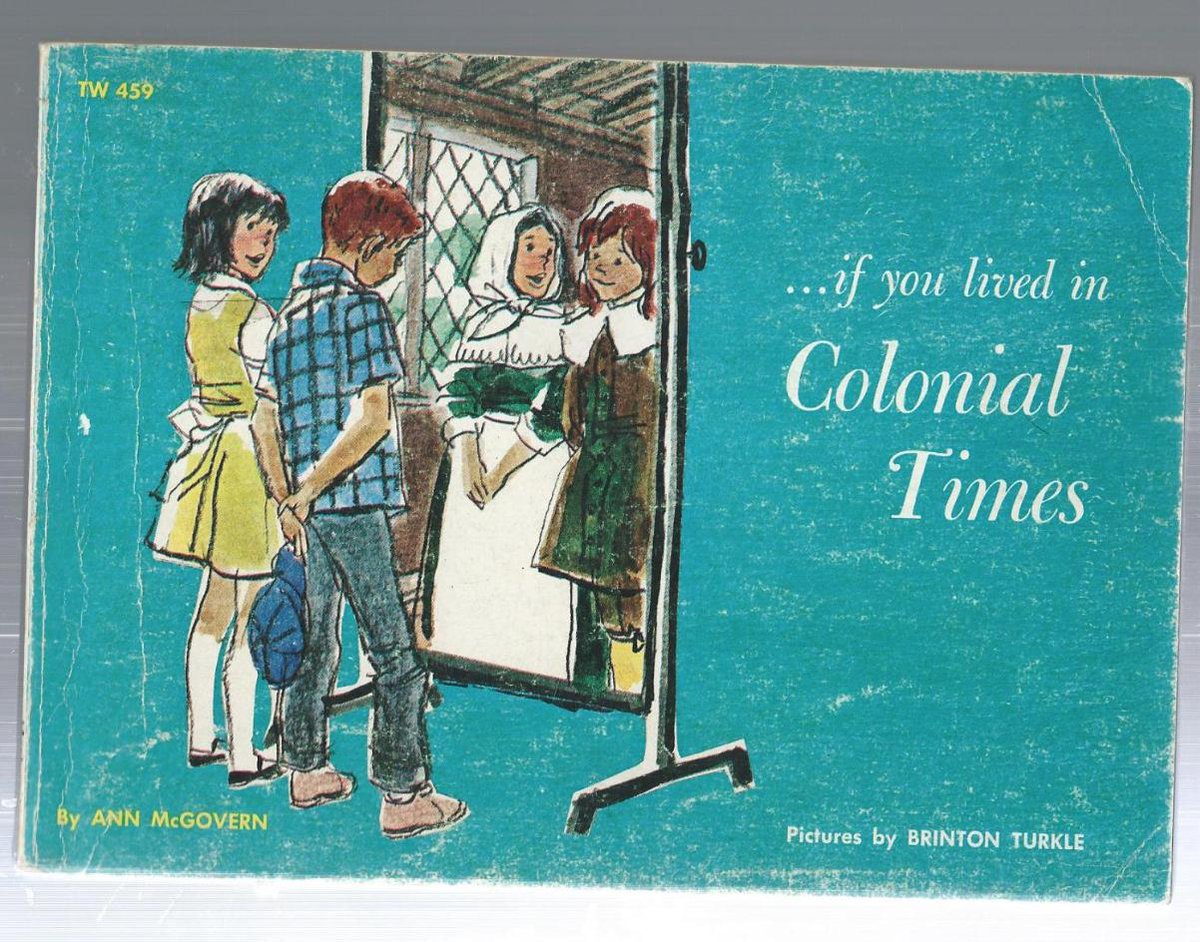Harriet the Spy
Written by Louise Fitzhugh
First published by Harper and Row in 1964
Reviewed by Debbie Reese
Review Status: Not Recommended
A biography about Louise Fitzhugh is in the news. She is much-loved for Harriet the Spy. The biography description says that Harriet is "erratic, unsentimental, and endearing." But like many (most?) people, Fitzhugh and her character have problematic views of Native people. The biography will likely prompt people to purchase Harriet the Spy again, and gift it to children. Should they do that?
For those who did not read Harriet the Spy (first published in 1964), here is the description of the book:
Harriet M. Welsch is a spy. In her notebook, she writes down everything she knows about everyone, even her classmates and her best friends. Then Harriet loses track of her notebook, and it ends up in the wrong hands. Before she can stop them, her friends have read the always truthful, sometimes awful things she’s written about each of them. Will Harriet find a way to put her life and her friendships back together?
In chapter one, we meet Harriet and her friend, Sport. Harriet is drawing and writing in her notebook. Sport looks over her shoulder (location 67 in e-copy), watching her. She says:
"Now, as soon as you've got all the men's names down, and their wives' names and their children's names, then you figure out all their professions. You've got to have a doctor, a lawyer--"
"And an Indian chief," Sport interrupted.
Harriet ignores Sport's suggestion, saying she needs someone who works in television. There is no further mention of Sport's comment.
Some of you may know the rhyme that Sport was going with as "Tinker Tailor." It is a counting or jump rope rhyme for girls that is supposed to tell them about their future husband. It starts out with "Rich man, poor man, beggar man, thief. Doctor, lawyer, Indian chief." It juxtaposes "good" things, like being rich with being poor, or being a thief. Given that pattern, I think it is safe to say that it is preferable that a future husband be a doctor or a lawyer, but not an Indian chief. Near as I can tell, the rhyme with "Indian chief" in it is dated to the late 1800s in the US. I did a lot of jump rope rhymes when I was a kid but don't remember this one. Do you? Do you see kids saying it, today? If yes, where?
Not mentioned in the book description is Ole Golly, but she figures throughout the story. In the midst of Harriet and Sport's conversation in chapter one, we read "Harriet! Get up out of that mud!" from someone in the brownstone behind them. It is Ole Golly, her nurse. In chapter five, Harriet spies on Ole Golly when she goes out to be with her boyfriend, Mr. Waldenstein. She hears him tell Ole Golly that she is attractive, who is embarrassed by the compliment and changes the subject. She blushes. The text there is (location 1007):
The crimson zoomed up Ole Golly's face again, making her look exactly like a hawk-nosed Indian.
Big Chief Golly, Harriet thought, what is happening to you?
In the space of a few words, we see stereotypical depictions of Native people: the hawk nose, the red skin, and the use of "Big Chief" to describe someone with authority.
When I call attention to this kind of content in popular or classic books, someone invariably replies that there's a lot in the book that is important, and that those things are more important than the problematic Native content. Those who say that are pretty much saying that the impact of this derogatory content on a Native reader doesn't count as much as the others who will, in some way, be affirmed by the rest of the story. But I hear that a lot. Over and over, Native kids are expected to push through that kind of content, for the sake of the other kids.
That's deeply troubling! It is spoken as if there is only one book in the entire world that can do what Harriet the Spy does. And of course, that isn't true! You may have an attachment to it because it did something for you when you were a kid, but come on. You can let it go, right?




